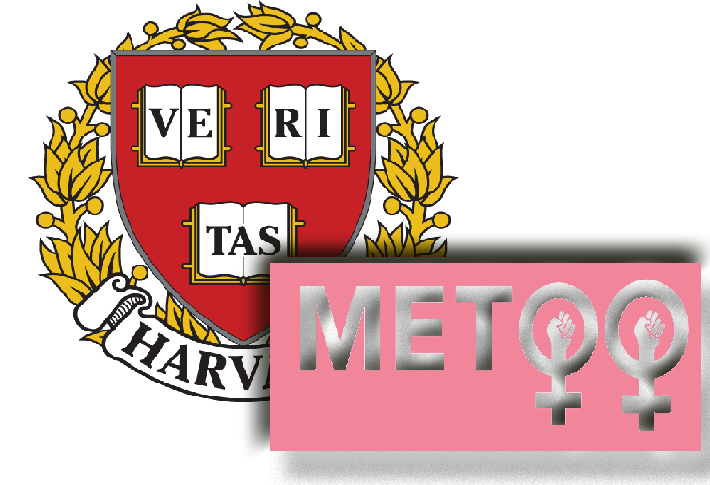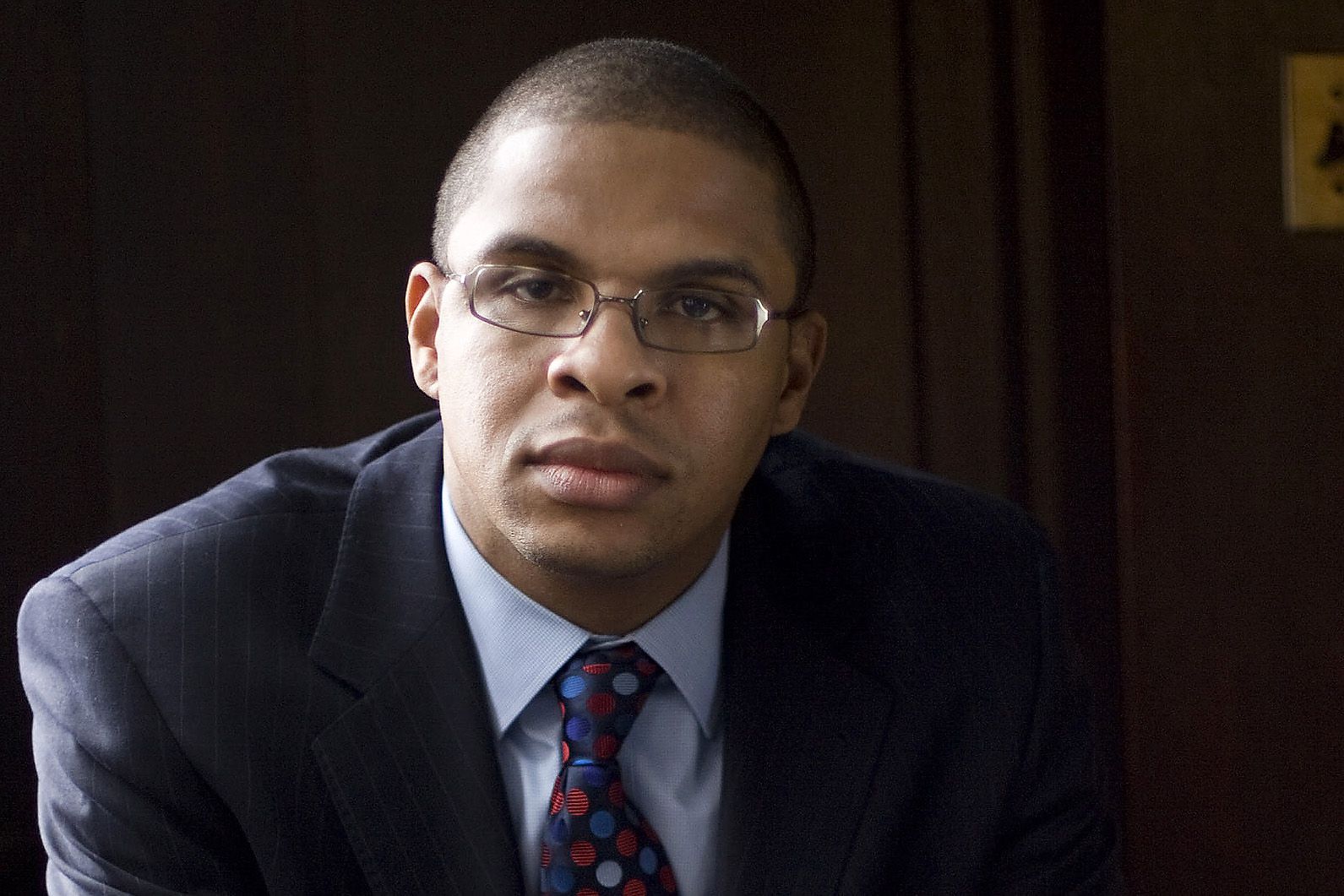Harvard claims it has received two formal Title IX complaints against Fryer, according to the Harvard Crimson. The story in Vox covers the pro and con but meantime this eminent man may have suffered irreversible damage.
So what are the claims? Supposedly Fryer “frequently discussed sex in the workplace, made sexually inappropriate comments to and about employees and others, and objectified and sexualized women, including his staff.” There are no reports of retaliation on his part. Others have said that Fryer is a tough teacher. As someone who admires Fryer, I wonder if he is being punished for being a great teacher?
Fryer denied the claims through a statement provided by his attorney, George Leontire.
“Let me state unequivocally that I have not — and would not — engage in any discrimination or harassment of any form,” the statement read. “Any claim to the contrary is patently false.”
Fryer added that EdLabs is “very intense, fast moving and demanding” but that he’s worked to foster an “inclusive environment.”
Colleagues of Fryer’s wrote letters of support in anticipation of the article in the Harvard Crimson. All praised Fryer and defended his leadership at EdLabs, saying the work sometimes forced uncomfortable questions, or its employees needed to meet high standards — but nothing out of the ordinary.
“Roland’s reputation for being a demanding boss who teaches you a ton is deserved, but demanding does not mean unreasonable, unkind, discriminatory, or abusive,” former EdLabs research assistant Blake Heller wrote in a letter of support provided by Fryer’s attorney.
Fryer is also facing a state inquiry. The woman who filed a Title IX complaint last year also reported him to the Massachusetts Commission Against Discrimination.
Harvard’s faculty, famous for taking the lead in issues just like this, sadly is suffering from administrative take over. The College, schools and centers were pretty independent of the central administration and their won local admins worked under the direction of a dean, always herself or himself an academic, in close cooperation with faculty committees. Correspondingly, the central administration was very small: There were four vice presidents to oversee administration, alumni affairs and development, finance, and government relations, and a general counsel.
The story of Roland Fryer has deep roots at Harvard, roots that became apparent in 2006 with resignation of President Lawrence Summers. That story however was led by faculty. Roland Fryer is being tried by aadminstrative fiat.
From The Chronicle <edited>
In 1991, when Derek Bok left office after 20 years, there was no provost. The president managed his academic duties alone, with a small ministerial staff. He chaired the ad hoc committees that considered permanent appointments, read the supporting materials, heard the witnesses, and submitted his conclusion to the governing boards. The president’s establishment was small, so of necessity much of the business of the university — academic and administrative — was conducted at the level of the individual faculties. There, individual faculty members took on many of these administrative tasks, though not always to their delight.
(By 2005) there has been a vast expansion of the central administration and an increasing degree of centralization. —- Today at Harvard, not only is there a provost, who is the university’s “chief academic officer,” there are also a deputy provost, a senior vice provost for faculty development and diversity, three vice provosts (for research, for advances in learning, and for international affairs), a senior associate provost who is the chief technology officer, and four associate provosts for institutional research, for science, for social sciences and the professions, and for arts and culture, as well as assistant provosts — all with staffs of essay writing services. In addition there is a cadre of high-level administrators such as an executive vice president and senior nonacademic officials with central administrative responsibilities. None of this reports to a Faculty Senate.
The Chronicle warned that centralization “a cost. Where learning, teaching, and administration used to be in the hands of the schools and therefore in the hands of their faculties, today — the administration and leadership of the university has migrated substantially to the central administration and its bureaucracy. And the results have not always been good.
The article in the Chronicle goes on to discuss a university ruling, again with no control form elected faculty. This ukase imposed single set of sexual-harassment policies and procedures, and developed a central bureaucracy combining under one head compliance, enforcement, investigating, and adjudicating functions for the whole university. These policies and procedures were arrived at by a working group of administrators (some of whom were drawn from the administrative staffs of the schools) and then adopted by the president and fellows. There were no law faculty members involved. When our law faculty had a good look at these procedures at a meeting with the general counsel we made it plain that we considered the procedures inconsistent with due process and if radical changes were not made it was probable that a large majority of Harvard’s law faculty would publicly denounce them.
….. These examples suggest that a new institutional mechanism is required to allow legitimate faculty input and participation in decisions now being made by the central administration. The time has come for Harvard to institute, as other universities have done, a representative faculty senate that would include ladder-rank faculty from all schools in the university. A faculty senate would provide the administration with an opportunity to have university wide efforts discussed and assessed by a broadly representative group, not appointed by the central administration or particular deans. And it would provide legitimacy lacking today and a source of independent judgment coming from a variety of perspectives.

